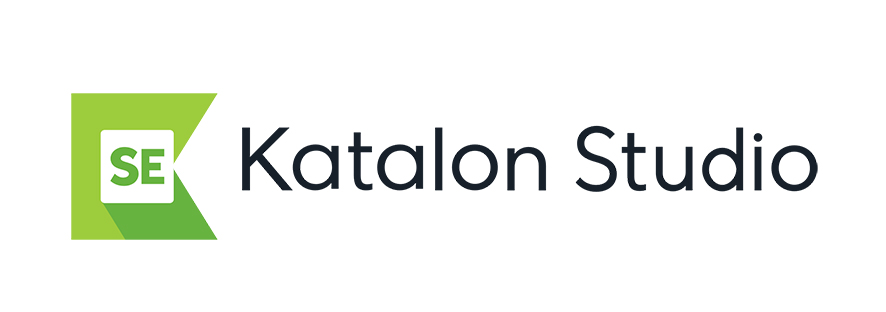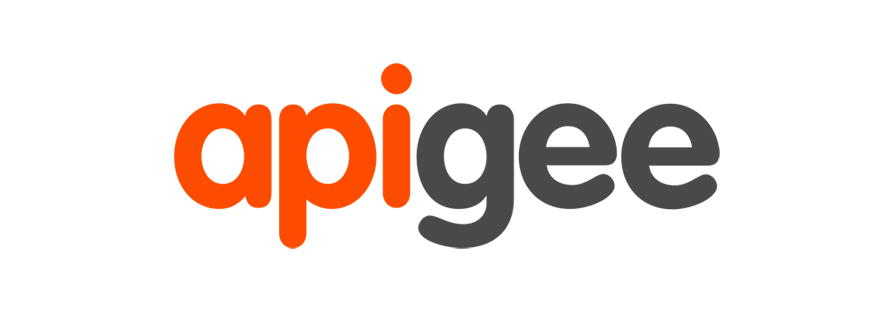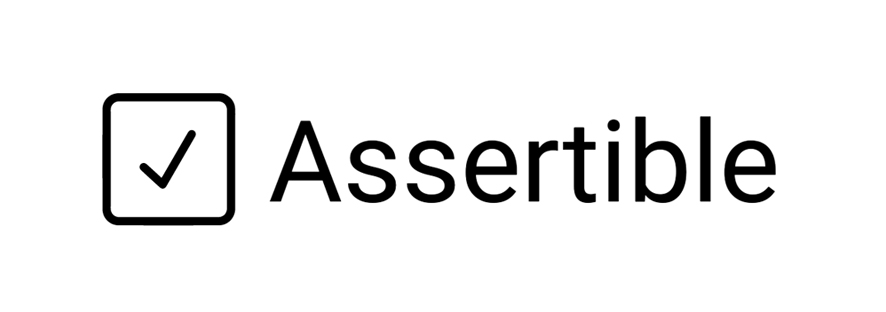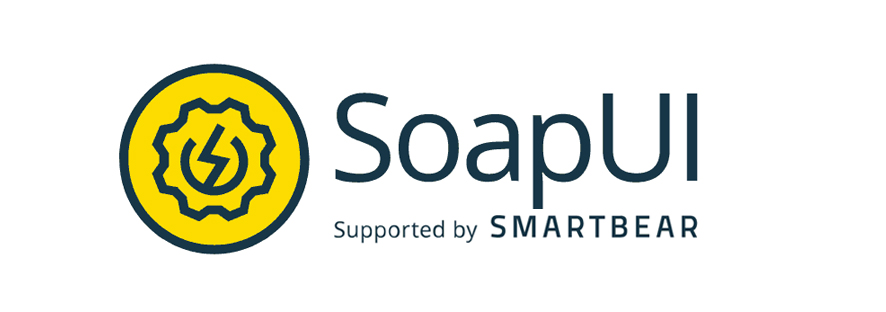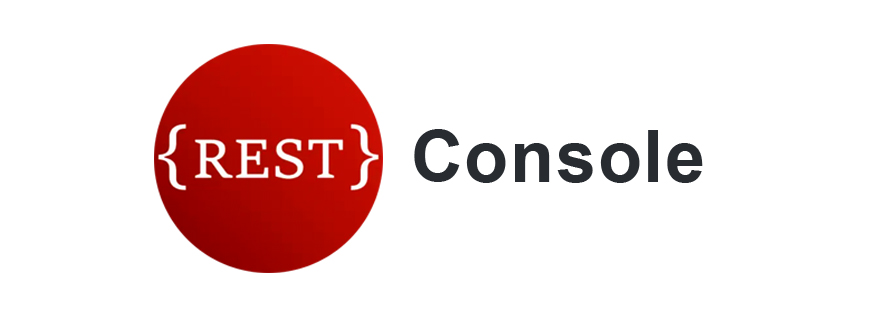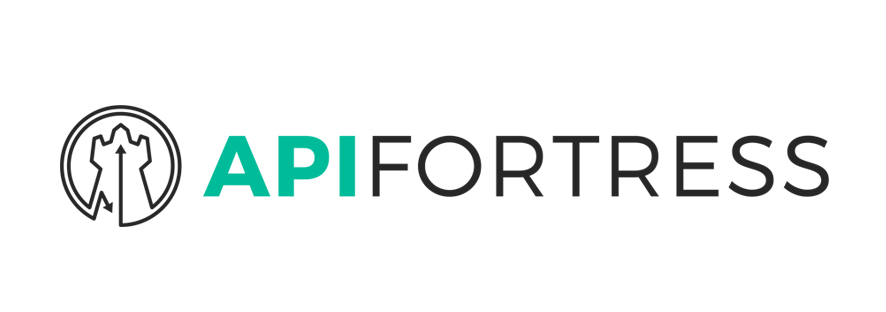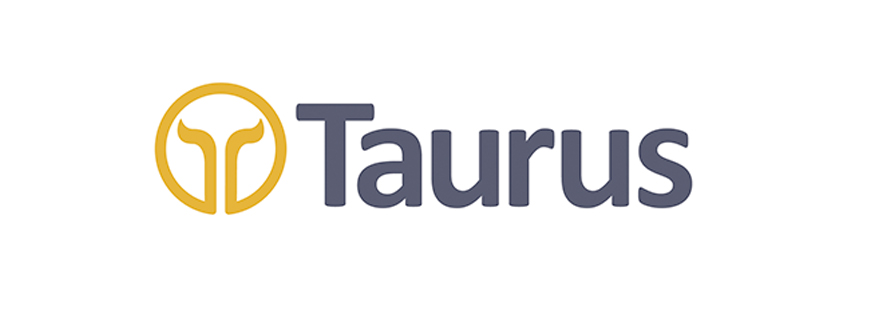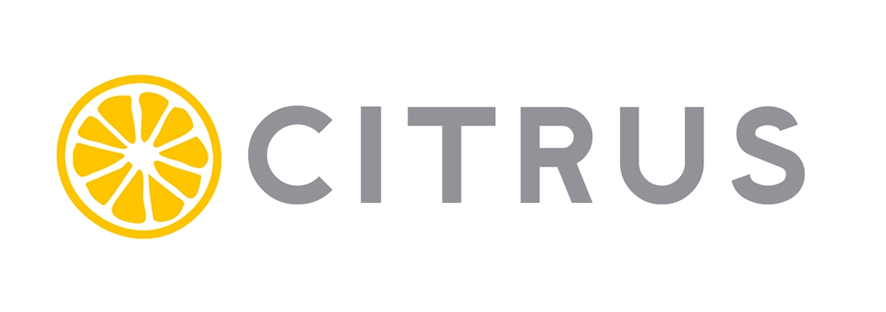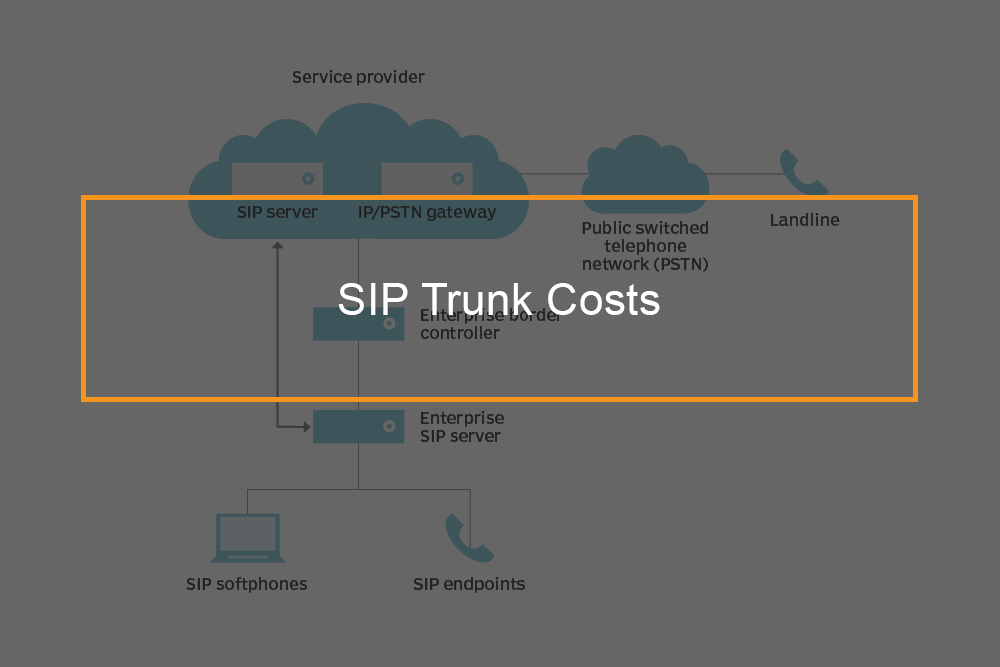Which Tool is Best for API Testing?
An Application Programming Interface (API) is a set of software functions and procedures that can be used to access and execute other software applications. API testing entails sending calls to the API (API calls), receiving output, and logging the system’s response using software. Api Testing becomes more crucial in Agile development as development cycles become shorter, putting more demand on automated testing. A list of the best Web Services API Testing Tools is provided below. They are all open-source tool(s) (free) and premium web API testing tools on the list.
Table of content:
- What are API and API Testing Tools?
- Benefits of API Testing in Agile
- Choosing API Testing Tools
- Top 15 API Testing Tools in the Market
What are API and API Testing Tools?

Have you ever wondered how Google Maps was able to pinpoint your present location and show you the closest exit when you were stranded in the middle of nowhere? The task is being done through the Google Maps API. In simple terms, an API (Application Programming Interface) is the messenger that allows two software programs to share data and communicate with one another. However, without jeopardizing user privacy, how does an application remain completely functional as designed every time? API testing tools are the answer.
Benefits of API Testing in Agile
API testing tools are used by development and testing teams to qualify product performance before it reaches the hands of users. The key benefits QAs and software developers are after now that they are led by Agile principles are:
- Early testing and feedback without having to wait for the entire package to be produced.
- Maintenance and reworking of tests can be done more quickly.
- In comparison to UI tests, more problems and issues were discovered in less time.
Choosing API Testing Tools
The number of API testing tools available for you and your team to try out and choose from is likely to take an eternity. As a result, we’ve compiled a list of crucial issues for you to consider:
- Basic API requirements
- Complexity
- CI/CD Integration
- Interoperability
- Non-technical Friendly
| Basic API Requirements | Is it capable of handling the mass of HTTP requests? Is it possible to import settings and artifacts from one project/test to another to save time? |
| Complexity: | Confirm that your team’s skill sets are capable of learning and using the software in the quickest period possible. |
| CI/CD Integration: | Check the tool’s list of integrations to determine if it works with your team’s CI systems, such as Jenkins or Bitbucket, and if it’s native to avoid wasting time configuring anything. |
| Interoperability: | Is it possible to integrate the product with communication platforms such as Slack, project management systems such as Jira, Git for version control, or your team’s toolchain? |
| Non-technical Friendly: | Check the documentation of the tools to determine if they support BDD conventions and can export simple reports. |
Top 15 API Testing Tools in the Market

Best API Testing Tools Comparison
We have put together a list of resources to help you get started with the most popular API testing tool.
Katalon Studio
Katalon Studio is the leading API test automation tool, Web, Mobile, and Windows applications, having been named the Gartner Peer Insights Customers’ Choices for Software Test Automation for three years in a row.
Feature highlights:
- For projects of all sizes, an intuitive user interface and productivity-enhancing tools are available.
- REST, SOAP, and SSL client certificates are all supported.
- Import Swagger (2.0 and 3.0), Postman, WSDL, and WADL tests.
- Integrations with Continuous Integration and Continuous Delivery (CI/CD) natively (Jenkins, Azure DevOps, CircleCI, Dockers, etc.)
- Test coverage and reliability are improved with data-driven testing approaches.
- AssertJ allows you to generate BDD-style fluent assertions.
- UI testing can be used to set up API test data.
- To consolidate reports and activities, there is an integrated reporting platform. Version control systems, CI/CD, test automation tools, and ALMs are all examples of tool stacks.
- Katalon Academy offers free API testing classes and tool tutorials.
Pricing: Free — $76/license/month
Postman
Postman began as a Chrome browser extension and has since evolved into an on-premise solution for both Mac and Windows.
Feature highlights:
- REST client that is simple to use.
- Provide a user-friendly interface.
- Both automated and exploratory testing are possible.
- Runs on Mac, Linux, and Windows.
- Many integrations are available, including Swagger and RAML support.
- Features for running, testing, documenting, and monitoring
Users can easily share their knowledge with the team by compiling all of the requests and expected responses into a single package and sending it to their peers. Postman leverages new advanced choices in version 7.3 of 2020 to help users arrange collections and API pieces (mock servers, monitors, tests, and documentation) generated by API schemas. You may also use the Postman app to manage your team’s public data and distribute URLs to all elements in the workspace, such as collections, requests, and APIs.
Website: https://www.getpostman.com/
Pricing: Free – $12/user/month
Apigee
Apigee is a cross-cloud API testing solution that allows users to monitor and test API performance, as well as support and develop APIs. Apigee also offers PCI, HIPAA, SOC2, and PII certifications for apps. Four times in a row, this technology has been awarded a leader in the 2019 Gartner Magic Quadrant for Full Lifecycle API Management.
Feature highlights:
- Allows the designer to keep track of, implement, and expand the API.
- It’s a multi-step process that’s powered by Javascript.
- Track API traffic, error rate, and response time to identify performance issues.
- Create and install an API proxy in the cloud using open API specifications.
This solution is made for data-rich mobile-driven APIs and apps that fuel digital companies. Apigee has given consumers more flexibility to manage their APIs with capabilities since version 4.19.01 in 2019. (e.g., Open API 3.0 support, TLS security, Self-healing with apigee-monit, Virtual host management improvements). Minor bug fixes and security enhancements have been added to the most recent version. Overall, it has a lot of features and is a perfect tool among users.
Website: https://cloud.google.com/apigee/
Pricing: Contact Sales
JMeter
JMeter was originally designed for performance testing, however it is now widely used for functional API testing.
Highlights of the feature:
- Test results can be cached and replayed offline.
- Work with CSV files automatically, allowing the team to quickly build unique parameter values for API testing.
- Thanks to JMeter and Jenkins connectors, API tests may now be included in the CI process.
- Both static and dynamic resource performance assessment is possible.
New themes, bug fixes, visual depiction of deactivated elements, a revised Groovy library, and enhanced JMeter templates for functional testing are all included in the current release of JMeter 5.4.1. This is an excellent tool that is best used for performance and load testing of Web applications.
Website: https://jmeter.apache.org/
Pricing: Free
Rest-assured API
This open-source Java Domain-Specific Language makes it easier to test REST services. It’s possible to utilize it to validate and verify these queries’ responses.
Key features:
- Provide a slew of built-in features to assist users with the codeless technique.
- As a result of its seamless integration with the Serenity automation framework, customers may combine UI and REST tests into a single framework that generates outstanding reports.
- BDD Given/When/Then syntax is supported.
- POST, GET, PUT, DELETE, OPTIONS, PATCH, and HEAD requests are all supported.
- This popular tool does not require users to be HTTP experts.
Version 4.0.0 required Java 8, included Apache Johnzon support, and addressed a number of bugs with the first OSGi support. The latest version, 4.4.0, has a number of enhancements and bug fixes.
Website: http://rest-assured.io/
Pricing plan: Free
Assertible
Assertible is an API testing solution that emphasizes automation and consistency.
Highlights of the feature:
- Throughout the CI/CD process, support for automating API testing is available.
- Assist in the execution of API tests following deployments and integrations with well-known tools (e.g., GitHub, Slack, and Zapier).
- Turn-key assertions can be used to validate HTTP responses.
- The Sync function assists testers in updating their tests as their specifications change. As a result, manually updating tests after adding new arguments or altering the API response is no longer necessary.
Encrypted variables are a new way to store passwords, tokens, and secret data fields, according to Assertible. This service aims to improve API security testing procedures.
Website: https://assertible.com/
Pricing plan: Free – $25/month
Soap UI
API testing is the focus of this headless functional testing tool. It enables customers to quickly test REST and SOAP APIs and Web Services.
Users can do the following using the Free package:
- Obtain the complete source code and construct their desired features on the spot.
- Drag and drop, as well as point-and-click, make it simple to create tests.
- With the Reusability of Scripts feature, you can reuse load tests and security checks for functional test cases in only a few steps.
Users who purchase the Pro package will be able to:
- Data loaded from files, databases, and Excel can be used for powerful data-driven testing, which allows users to model how customers interact with APIs.
- Native CI/CD integrations and asynchronous testing are supported.
Third-party libraries (org.apache.soapUI.soapUI.soapUI.soapUI.soapUI.soapUI.soa HTTP components, commons-logging, commons-codec, and JUnit) and unneeded third-party libraries like Jackson and KeenIO were eliminated. To improve testing security, SoapUI now disables the Load and Save project scripts by default.
Website: https://www.soapui.org/
Pricing plan: Free – $749/year
Karate DSL
This new API testing tool allows users to quickly and easily create scenarios for API-based BDD tests without having to write any defining steps. Indeed, Karate DSL generates those definitions, allowing users to jump right into API testing.
Key features:
- Build on top of the Cucumber-JVM framework.
- As with any typical Java project, run a test and create reports.
- Configuration switching/staging is supported, as well as multithreaded parallel execution.
Karate UI 1.2.0 introduced a number of new features, including updated HTML reports, call-Single-Cache, Karate Robot Windows for Windows Desktop app automation, and improved tree walking in UI Tests. You may also develop tests in any language that can handle HTTP, JSON, or XML with Karate UI.
Website: https://github.com/intuit/karat
Pricing plan: Free
Rest Console
This application is a Google Chrome REST/HTTP Client that allows users to visualize and build custom HTTP requests for testing with any RESTful API service.
Highlights of the feature:
- Using raw input, create a POST or PUT body.
- Custom headers can be modified using an intuitive user interface.
- Allow users to easily create query parameters.
- It may be used for a variety of authentication methods, including Plain, Basic, and OAuth, and it has a customisable UI.
Rest Console v4.0.2, the most recent release, has been updated with various new features and bug fixes to improve the user experience (e.g., oAuth improvements, Collapsible sections, Clickable Links in Response, UI enhancements).
Website: https://github.com/ahmadnassri/restconsole
Pricing: Free
API Fortress
API Fortress is a continuous platform for API testing, so testers and developers may write and automate functional tests.
Highlights of the feature:
- A user interface that is simple to use and intuitive for people of all ability levels.
- Plug-and-play encourages you to test APIs on a regular basis.
- Web Services, REST, SOAP, GraphQL, and Microservices are all supported.
- It’s a web-based team collaboration solution for testers that works in the browser and doesn’t require any downloads.
Many new features in the newest version, released in September 2020, include the ability to continue a test after a fatal error, improved multipart for on-prem and load testing, and a K/V store for imitating services. API Fortress is completely free to use and adapt to your project’s specific needs.
Website: https://apifortress.com/
Pricing: Contact sales
Pyresttest
It’s a Python-based REST API testing platform that accepts tests in JSON or YAML configuration files and doesn’t require any coding skills.
Additional features:
- To create full test scenarios, create and validate mechanisms.
- Allow for quick deployment of smoke tests/health checks on the server with minimal dependencies (pycurl, pyyaml, optionally future).
- When slotting into automated configuration orchestration tools fails, exit codes are returned.
The most recent version, v1.7.1, extended test coverage and fixed the JSONschema extension in Python 3. RESTful APIs are the greatest fit for this tool.
Website: https://github.com/svanoort/pyresttest
Pricing: Free
Hoppscotch
Hoppscotch is a technological stack tool in the API tool category. It’s a free and fast API request generator with a clean UI that lets you submit queries and receive/copy answers in real time. As a result, you can create requests more quickly, saving time throughout development. Hoppscotch has been upgraded to version 2.2.0, which includes some bug fixes. You can adjust it to your project’s needs because it’s an open-source tool application.
Website: https://hoppscotch.io/
Pricing: Free
Taurus
Since it is straightforward to learn, Taurus is a free and open-source framework (framework for API testing) for simple and direct API testing. Taurus hides the complexity of performing performance tests without requiring you to learn any programming languages; all you need to know is Taurus’ fundamental YAML structure. Taurus v1.15.4 addresses issues, adds new functionality, and enhances the user experience.
Website: https://gettaurus.org
Pricing: Free
Citrus Framework
The tests are fully automated and give a Java fluent API for specifying test logic. When substituting the real request/response message over the wire, Citrus can act on both sides as a client or a consumer throughout the test. Citrus 3.1.0 is the most recent version that is considered stable. Citrus is accessible in the core Maven repository, so you may add it to your project as a Maven dependency. It’s a free, open-source application with custom scripting capabilities, so you may use your programming talents to tailor it to your project’s needs.
Website: https://citrusframework.org/
Pricing: Open-source solution
Airborne
Airborne is an API automation testing framework based on RSpec and written in Ruby. Because Airborne is a programming framework, it doesn’t have a user interface other than a text file where you may write code. Aside from that, Airborne testers must remember a few key toolset techniques as well as certain Ruby and RSpec concepts. With minor bug fixes, Airborne has been upgraded to version v0.3.5. It is a free and open-source API testing tool that may be used by testing teams to satisfy their needs.
Website: https://github.com/brooklynDev/airborne
Pricing: Free
Despite the fact that we have presented some of the greatest testing tools on the market, it is critical to consider the advantages and disadvantages. You may need to be adaptable and try a variety of possibilities before settling on the one that best meets your needs.
Additional Information on API Testing Tools

- ReadyAPI offers a variety of automated solutions for incorporating API testing into your CI/CD pipeline at each stage of development. You’ll be able to write functional API tests that are both comprehensive and data-driven.
- For automated testing, ReadyAPI supports command-line mode and it can be integrated into any API development environment.
- Katalon Studio makes deployment simple by combining all frameworks, ALM integrations, and plugins into a single package.
- Swagger and RAML (RESTful API Modeling Language) are two formats supported by Postman.
- API testing : It is a type of software testing that can’t be done on the front end because there isn’t a graphical user interface (GUI).
- API testing has primarily focused on the message layer, which includes REST APIs and SOAP Web services that can be transmitted through HTTP, HTTPS, JMS, and MQ.
- You can use Postman collections to run requests, test and debug them, develop automated tests and mock APIs, document them, and monitor them.
- Apigee allows users to easily create API proxies.
- Poster(Firefox Extension) : This Add-on allows the user to customize their HTTP requests by interacting with web services, and it generates results that the user may verify.
- Tricentis’ Tosca is a model-based API automation testing solution that also provides API testing. It offers regression testing, continuous testing and system applications and products testing.
- ACCELQ is a powerful and comprehensive automation tool (automation solution)for API, Web, Desktop testing and Mobile testing.
- Apache Jmeter is an open-source software for load testing and performance testing of applications.
- ReadyAPI may be used in any environment and has a Smart Assertion feature that allows you to quickly build bulk assertions against a large number of endpoints.
- The following are some of the most significant advantages of API:
- Companies can improve their workflow in order to increase productivity.
- It allows you to customize the user experience.
- Organizations can easily customize the service.
- Any program or website’s content can be embedded.


